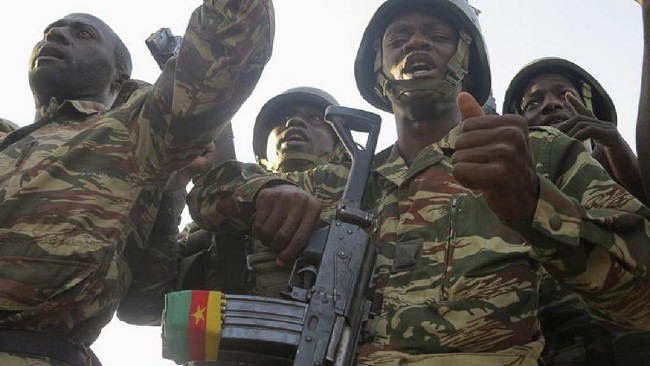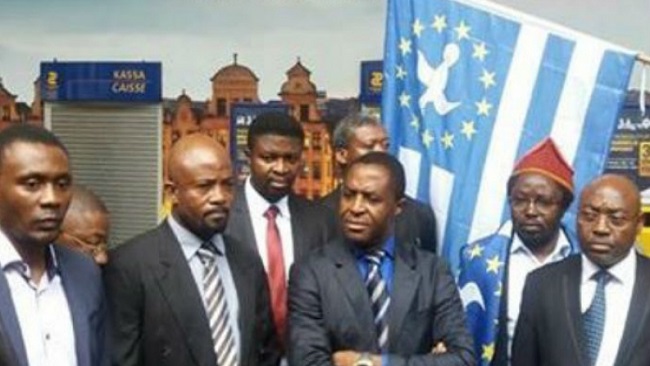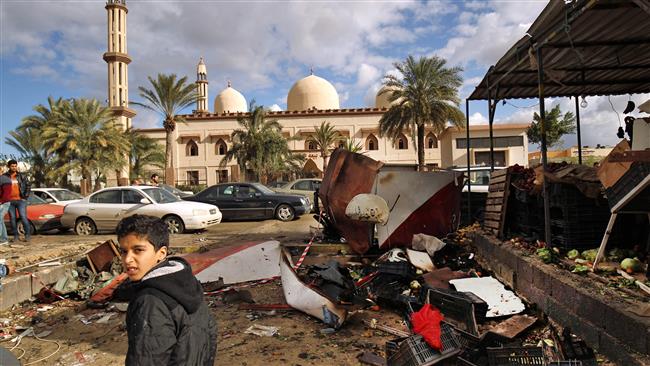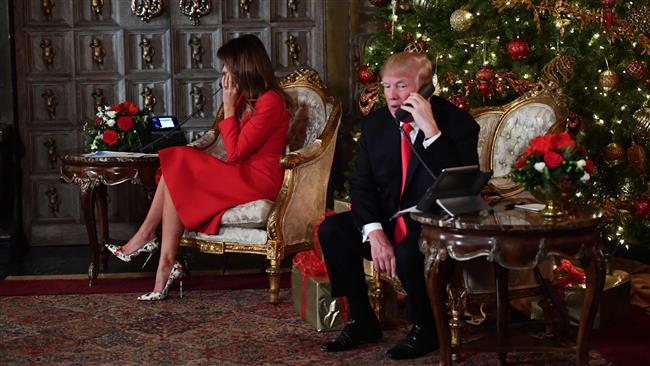25, January 2018
Schools Set Ablaze as Biya regime Vows Crackdown on Separatists 0
Unrest in Cameroon’s English-speaking regions intensified with arson attacks on schools and a city market as the government vowed to quash a secessionist movement whose leaders are in detention in Nigeria, saying it won’t negotiate with terrorists.
Ten leaders of the separatist movement, which calls the two Anglophone regions the Republic of Ambazonia, have been held in neighboring Nigeria since Jan. 6 at an undisclosed location, according to their Nigerian lawyer, Femi Falana. The crisis began more than a year ago with peaceful protests against the French language’s dominance in courtrooms and schools.
One of the movement’s interim leaders, Bobga Harmony, announced on Facebook “the multiplication of self-defense operations” because the government rejects talks. “We shall continue targeting anti-secessionists as well as burn down schools,” he said.
Source: Bloomberg






























26, January 2018
Brazil court orders seizure of ex-president Lula’s passport 0
A Brazilian court on Thursday approved the seizure of former President Luiz Inacio Lula da Silva’s passport, the Justice Ministry said, after an appeals court upheld the corruption conviction of the left-wing hero.
The decision came on the eve of a planned trip by Lula to Africa. It also came a day after appellate court judges voted to uphold Lula’s convictions on taking a bribe and money laundering and extended his sentence, in a major blow to the popular politician’s plans to run again for the presidency this year.
Lula’s lawyer Cristiano Zanin said the former president’s passport would be handed in on Friday, but called the decision “shocking” and an unnecessary restriction on his freedom of movement. In a statement, he said that the appellate court had been informed of Lula’s trip to Africa and his plans to return to Brazil on Jan 29.
“He won’t travel now,” Lula spokesman Jose Chrispiniano said, adding that the former leader had planned to attend an African Union conference in Ethiopia.
Justice Minister Torquoato Jardim, who was informed of the decision by the federal police chief, recommended that Lula be informed of the decision to avoid any problems, the ministry said.
Lula could be arrested as soon as judges make a decision on a final appeal in his case, which is expected to occur in at most two to three months.
(Source: Reuters)